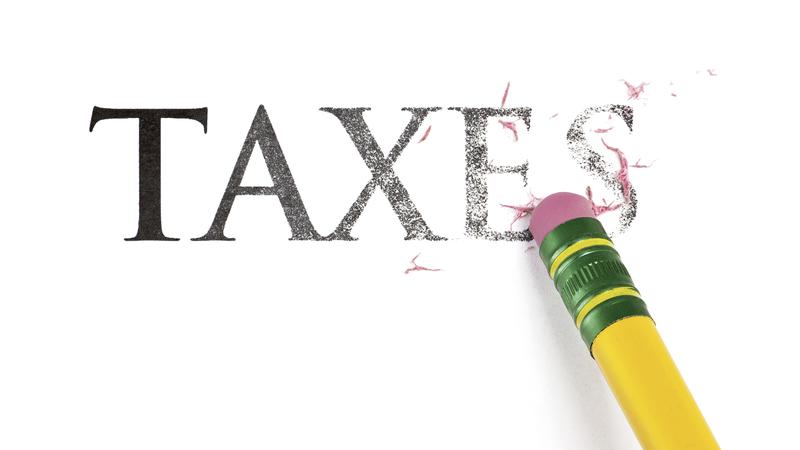
CHARBONNEAU: Don’t tax our way out of pandemic debt
THE COVID-19 PANDEMIC has created a huge government debt. There are traditional ways of dealing with debt: by slashing spending, raising taxes, or a combination of both.
The Canadian Taxpayers Federation has raised an alarm of a possible tax on the sale of homes. It points to a study by the Canadian Mortgage and Housing Corporation which spent $250,000 to investigate such a tax.
Fear not. Such a tax is not going to happen any time soon, if at all.
Canada’s Finance Minister, Chrystia Freeland, recently outlined her approach to debt and it will not be to raise taxes or cut programs. In fact, spending on programs to help Canadians get through the pandemic will increase. She said: “To ensure that our recovery is as broad, robust and complete as possible, we will need to build our way out of it.”


